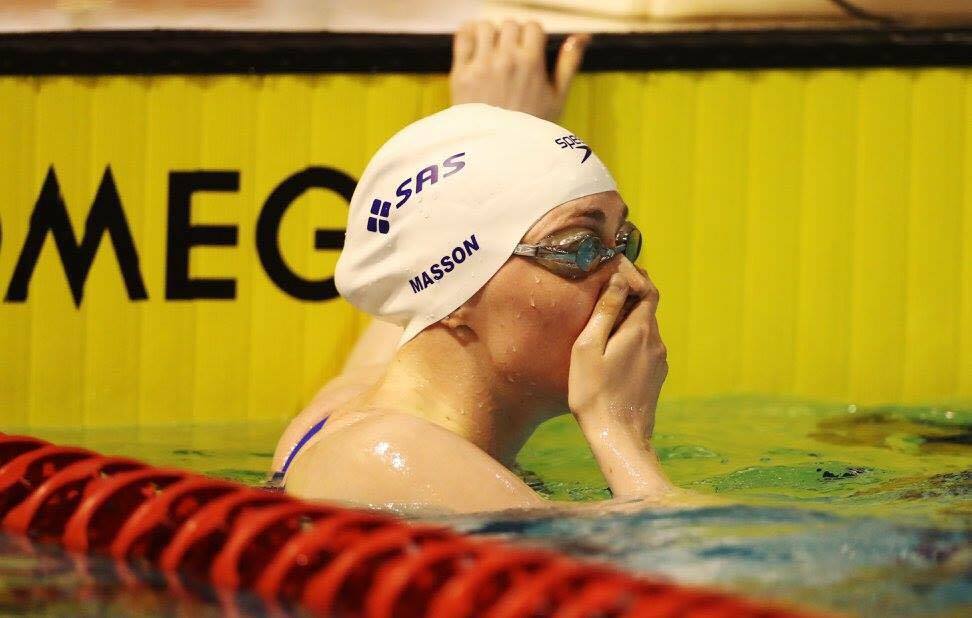

· By Joseph Welstead
Nutrition & Sport: 3 steps for Improved Performance.
In this blog post, Rachel Masson, swimming national champion and member of Commonwealth Games Team Scotland shares the nutrition tips she learned the hard way for improved performance.
Nutrition has been one of my enemies throughout my swimming career. It’s a factor of training that I think most athletes forget is important for progression. Until last year, my ability and motivation to follow a successful nutritional plan was at a low.
Moving away from home
This wasn’t always the case: I was brought up eating well and getting the right nutrients to fuel my training. Then I moved away from home and I was having to cater for myself. Most dinners consisted of the basic recipes I could recall. Although it’s something most students will endure, being a student-athlete was that bit harder. Not only did I have to learn to cook for myself every day but also to ensure I was fuelling, refuelling, recovering and timing my meals for training. This meant thinking ahead for the week and for a while, I wasn’t great at this. It’s no lie, I’m a girl with a sweet-tooth and without a real nutritional plan I found myself wanting to go and buy myself a brownie way too often. Key to successful recovery from training, being nutritionally on top of things is also important to staying lean - something I’ve battled with post 2014 Commonwealth Games. I realised I needed a solution.My 3-step process for better nutrition choices
Then one day, my coach said three things to me that helped me get over this nutritional low. They went like this:- You begin with the awareness; understanding you must do something about the way you eat, but you don’t know how.
- Then education; you have the information about what is best for you and you choose whether to apply it.
- Knowledge is the final stage and is when you have the understanding to apply it automatically without thought.
A tailored nutritional plan
At present, I have been the most focused and driven with my nutrition. A meal plan tailored to my training demands as a sprinter allows me to meet the energy requirements my body needs to efficiently recover and prepare for the next session. For instance, in the regeneration weeks of training the protein content in my diet increases. In the weeks where the training load is heavy, carbohydrates are increased. The plan is also focused around daily training demands and the frequency in which I eat depends on whether I have a key set in the pool or if I’m only swimming one session that day. “You can’t have your cake and eat it too” I feel this applies to nutrition in swimming and sport in general. To be successful in your sport, you need a successful diet.Related: How to Nail the Swimmer's Diet